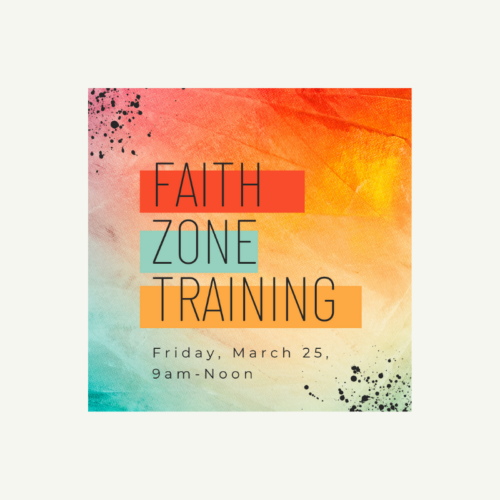Rev. Callista Isabelle: Considering Religious Observances in Course Planning
A guest post from Rev. Callista Isabelle concerning the WashU religious observances policy for students.

Reverend Callista Isabelle, Director for Religious, Spiritual & Ethical Life in Student Affairs shares information and tips for instructors regarding the Religious Observances university-wide policy that was put into place in Fall 2021.
Q: Can you tell us more about this university-wide policy?
The Religious Holiday Class Absence Policy allows students to miss class, assignments, or exams to observe a religious holiday. The policy outlines the accommodation expectations, as well as the students’ responsibilities. The complete policy can be found on the university website at this link.
Q: What are some particular holidays that faculty should be aware of that will take place this spring?
Of the many religious holy days students may observe this semester, of particular note are Ramadan (approx. March 23-April 20), when many Muslims will fast from sunrise to sunset, and Passover (April 5 sundown – April 13), during which many Jews observe work restrictions. Work restrictions during 4/5 sundown-4/7 sundown and 4/10 sundown-4/13 sundown may include refraining from technology use, writing, making art, class attendance, travel, and more.
Q: What else should we know?
It’s important to remember that members of our community may observe holidays in many different ways. Practices may very within religious communities or based on other factors.
Q: How do we set the right tone for talking to students about this topic?
I recommend including language in your syllabi inviting students to inform you of religious accommodation needs along with other types of accommodation requests. For example, “If you anticipate missing classes due to athletic competitions, religious holidays, or for other reasons, please contact the instructor….” It also helps to point out the holiday policy and students’ expectations during the first class session. The policy states students must inform their instructors in writing before the end of the third week of class, or sooner if the holiday falls earlier in the semester, so early reminders will benefit students and also give you time to make appropriate accommodations.
Q: Who can I contact with questions? Where should I go to learn more?
Feel free to reach out to Rev. Callista Isabelle, Director for Religious, Spiritual & Ethical Life, with questions: Callista.isabelle@wustl.edu.
In addition, if faculty are interested in learning more about the diverse religious holidays that are celebrated in our community, there is a Faith Zone Workshop coming up on Feb. 2nd hosted in partnership with the Academy for Diversity, Equity & Inclusion. It’s listed on this page under Foundations of an Inclusive Workplace: Faith Zone Religious Diversity & Hospitality. Visit the page to register.






